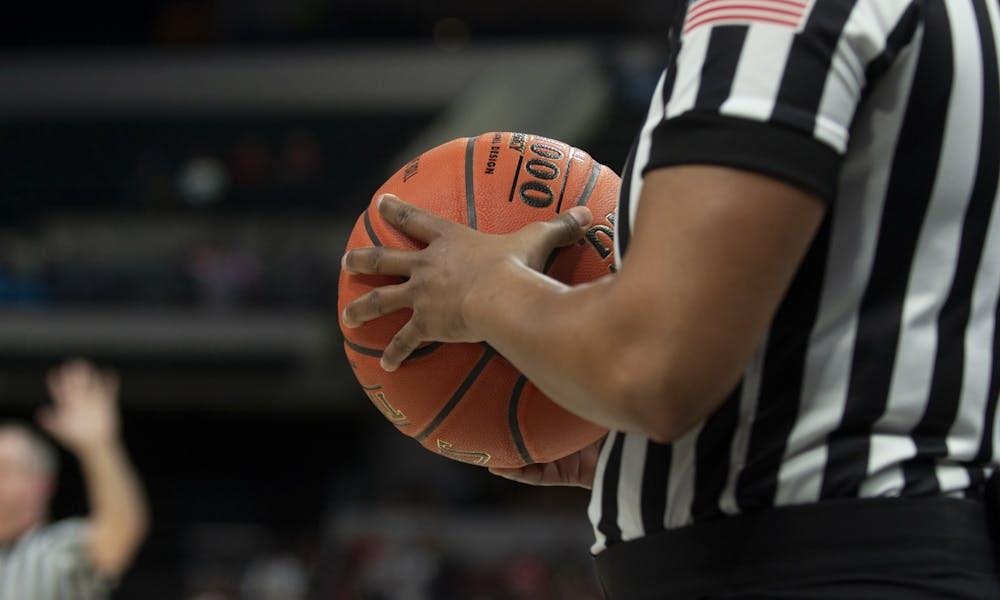Editor's note: All opinions, columns and letters reflect the views of the individual writer and not necessarily those of the IDS or its staffers.
Shortly after Donald Trump issued an executive order that defined gender to be identical with sex assigned at birth, the NCAA hurried to embrace transphobia. A day after Trump banned trans athletes’ participation in accordance with their identity via executive order, on February 6, 2025, the Board of Governors issued a statement that claimed to offer access to all who wanted to participate in sports while explicitly excluding an entire category of human beings. That is, because eligibility requirements were made to align exactly with the trans-exclusionary language of the Trump administration.
The economic and political giant that is NCAA, with a membership of over half a million people, initiated of its own accord a policy that denies a growing category of people in our country the ability to live according to the same rights and obligations of all other people, forcing them into self-understandings and relationships that fundamentally violate their human rights.
This is the United States in 2025. A state in which bullying and violence is elevated to the level of operating principle.
But that is not all. NCAA has “collegiate” in its title. It is not just a large sports industry. Its principles include delivering “safe, fair and inclusive competition.” Ultimately, it wants to “provide a world-class athletics and academic experience for student-athletes that fosters lifelong well-being.”
The duplicity of these statements in the face of the discrimination the organization has signed on to needs to be called out. How does the dehumanization of trans athletes accord with fostering lifelong well-being for all student-athletes? And what does the deafening silence about this action from all educational institutions in the country mean?
Lambda Legal condemned the action and has been working to challenge transphobia in schools. But what are the rest of us doing?
At the very least, all who participate in or attend NCAA sports need to understand explicitly that they are part of the problem. A football player might say “what does this have to do with me?” A basketball fan might balk at the idea that their season ticket contributes to the problem. But that is how such system-wide discrimination works. It is abstract and far away only if we willfully push the reality of discrimination out of mind, itself an act of discrimination.
Both authoritarian and democratic regimes have a long history of such behavior. There are no innocent bystanders in these systems. We are all, in some measure, the authors of the framework that continues to work while we do not call it out. We are not innocent, nor are we victims forced to just watch with our heads down. Each of us can abstain from participating in the activities of an organization that fundamentally excludes a whole category of humans from taking part, even as the NCAA and universities tout their commitment to access for all. Every time you cheer for your team, remember you are cheering for transphobia. Every time you spend money buying merchandise with your team’s logo on it, you are buying into bullying and violence.
This is not what sports are supposed to be about. This is not what higher education is supposed to be about. You can stop perpetrating this violence and you can become an agent of “safe, fair and inclusive competition.” But not by ignoring the reality in front of us. We need to start by stating clearly what is at stake with this new policy and then begin imagining how to truly include all student athletes.
Maria Bucur (she/her) is the John V. Hill professor of history at Indiana University Bloomington.






